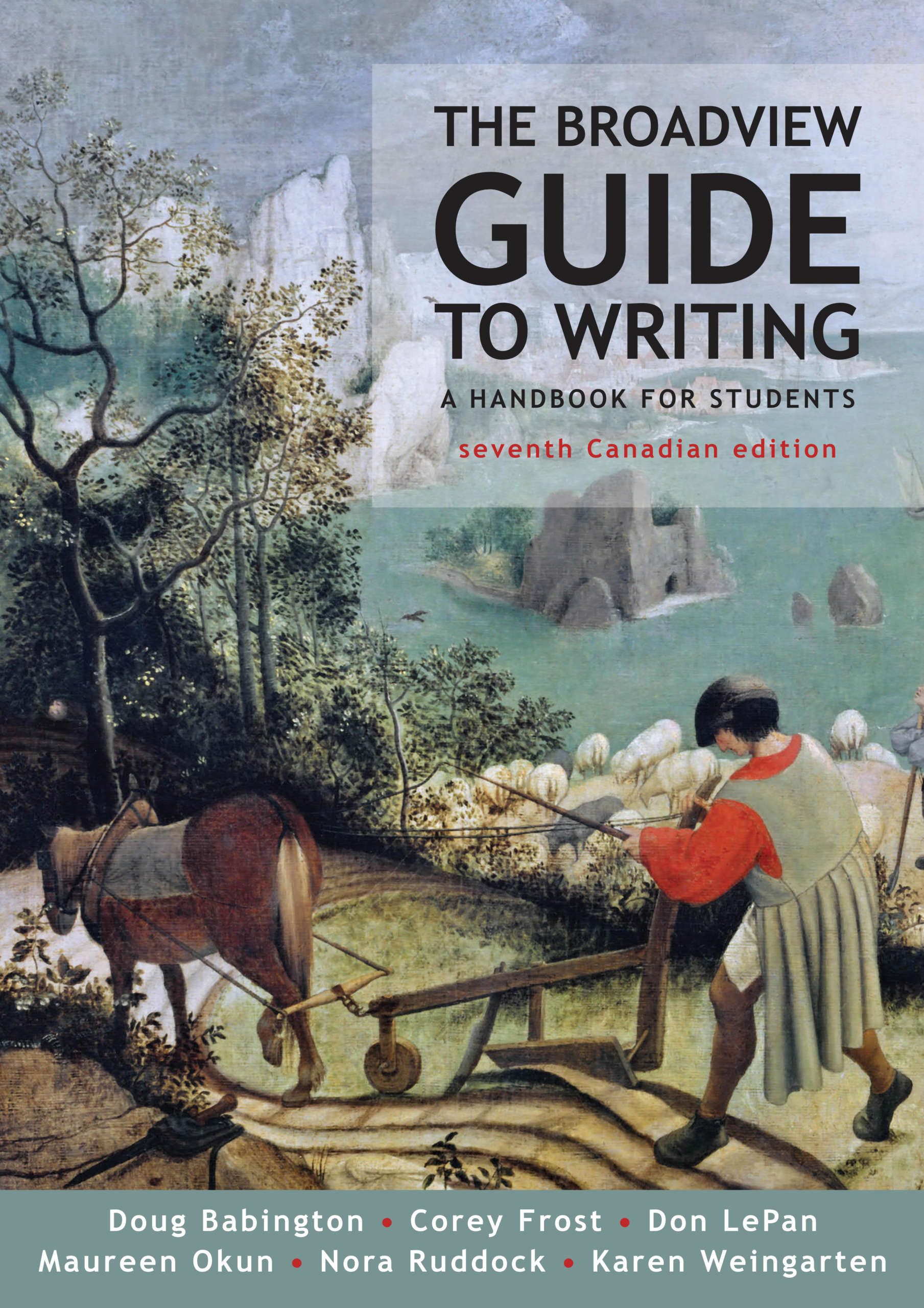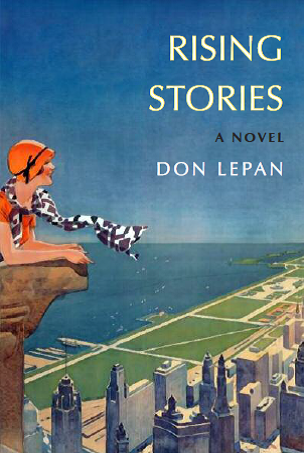For many months I've been meaning to write something about an old friend who died last spring. On New Year's Eve I finally got around to it. I've sent this in to the Globe and Mail in the hope they may publish a shorter version in their Lives Lived series. Here is the full piece.One day in the fall of 2011 Dennis McKerlie checked himself into a Calgary hospital. A philosophy professor, McKerlie had been telling colleagues and friends for many months that he was having trouble remembering things, and that he thought it might be serious. He was barely into his sixties; no one really believed him, and on some days he wasn’t sure he believed himself. But on this day he found he couldn’t remember the way home.
McKerlie spent the rest of his life in institutions, as a rare form of Alzheimer’s destroyed his mind. From the Foothills Hospital he moved to a foul-smelling seniors’ home in Bowness, then to a luxuriously bland seniors’ home near the river in central Calgary, then to a succession of homes in and around Saskatoon (home of his brother Kent—his closest relative).
McKerlie was possessed of one of the brightest minds in a department filled with very bright minds. He was unfailingly modest about his abilities—and it was a modesty honestly felt; he genuinely believed that he was nothing special. But until those last years he possessed extraordinary powers of reasoning, a vast body of general knowledge, and remarkable powers of recall. Even when he had lost the ability to find his way home he could follow complex philosophical arguments—and recall the names, positions, and strengths and weaknesses of virtually every major league baseball player of the 1950s.
Dennis was also possessed of one of the kindest and gentlest hearts I have ever known. He grew up in small town Manitoba and never developed the presumption or the sense of entitlement that so many extraordinarily gifted people acquire on their way to success. He was in many ways an Eeyore. Living alone and without the sort of love that most of us think of first when we think of love, he was often sad, but never bitter. He loved golf and jazz and baseball and philosophical discussion and wry humor and the poems of Philip Larkin, and the process of thinking things through. And he loved his brother and his nephew and his friends—though in that sort of context he would never use the word “love.”
Dennis would gently smile or laugh when other people said or did funny things but never when he was funny himself, which was often. One day his friend and colleague Ann Levey wondered why he was looking down all the time. “Are you depressed, or what?” she asked.
“I don’t know,” said Dennis. “I guess I like my shoes.”
As the disease ate away at his mind Dennis could no longer be very funny, or find much of the world funny, or put thoughts together very well. “Is the food any good here?” I asked him when I visited him this past spring, only a few weeks before he died; by then he had been moved into a friendly little seniors’ home in Langham, Saskatchewan. “I don’t know. But that might be because I’m not very interesting.”
In the last year or two of his life Dennis was subject to terrible rages, directed always against himself. He would bang his head against the wall, telling the world that he was a terrible person and that they mustn’t pretend otherwise, that he was someone who had behaved horribly to others, that he was someone who had never lived up to his potential, that he was someone who did not deserve to live.
Dennis’ great work was a groundbreaking philosophical monograph, Justice Between the Young and the Old, described by Rutgers philosopher Jeff McMahan as “the most sophisticated, imaginative, rigorous and comprehensive—in short, the best—discussion to date of the problem of intergenerational justice.” The product of three decades of work, it was published late in 2013 by Oxford University Press. The book’s final chapter is “Alzheimer’s Disease.” After that comes “Conclusion,” which ends with this sentence: “When the people we have loved reach the boundary of coherence, we can understand the bitterness of Philip Larkin’s poem ‘The Old Fools.’”
By the time Justice Between the Young and the Old had reached the proof stage, Dennis could no longer read. When the book was published I took my copy along when I visited him in Langham, and asked if he could sign it. He scribbled on a page as a child scribbles. “Is that all right?” he asked.
They tried to move Dennis one last time, in early May, to a seniors’ home somewhere in Saskatoon—a home I never found out the name of. A few days later he was gone.
Dennis was 65 when his life ended—an age that many today would not call old. Dennis was not among them. “The Old Fools,” of course, ends like this:
Can they never tell
What is dragging them back, or how it will end? Not at night?
Not when the strangers come? Never, throughout
The whole hideous inverted childhood? Well,
We shall find out.




